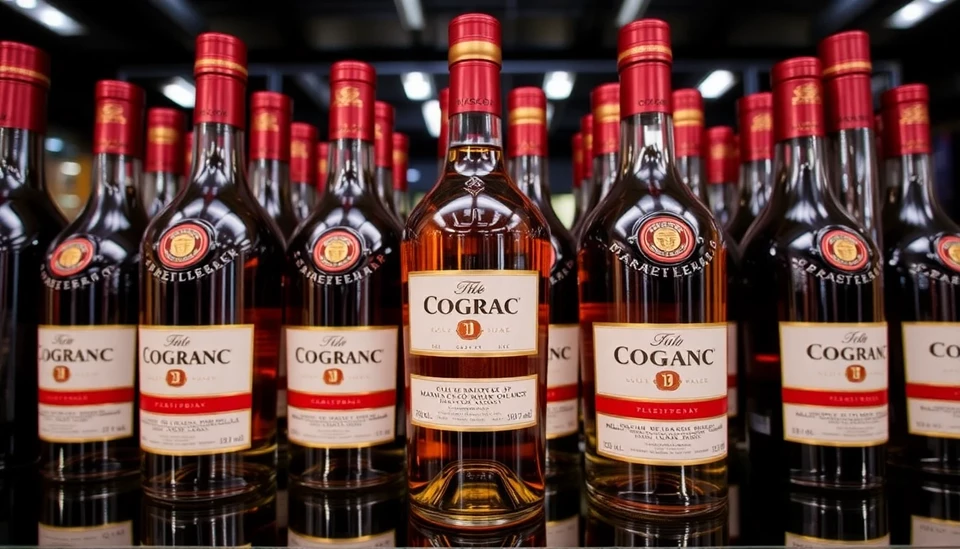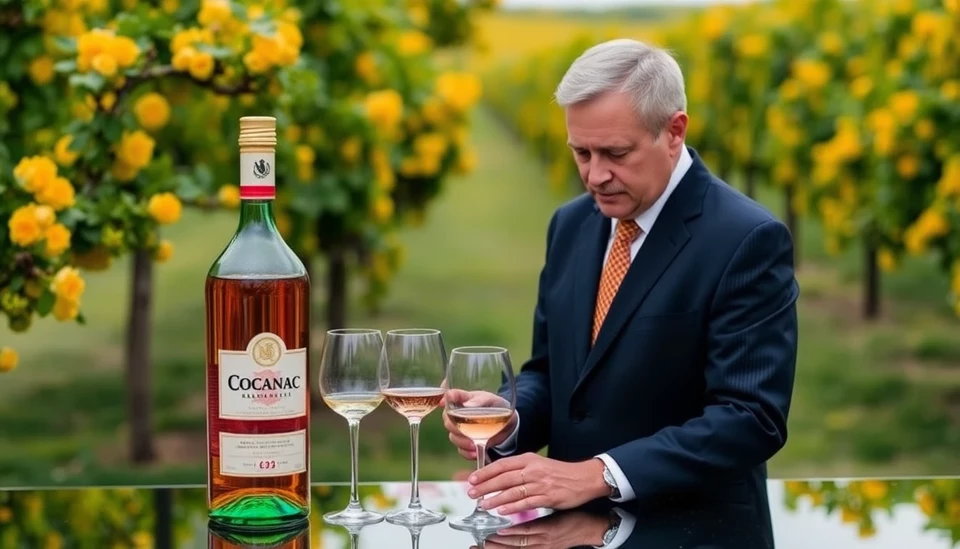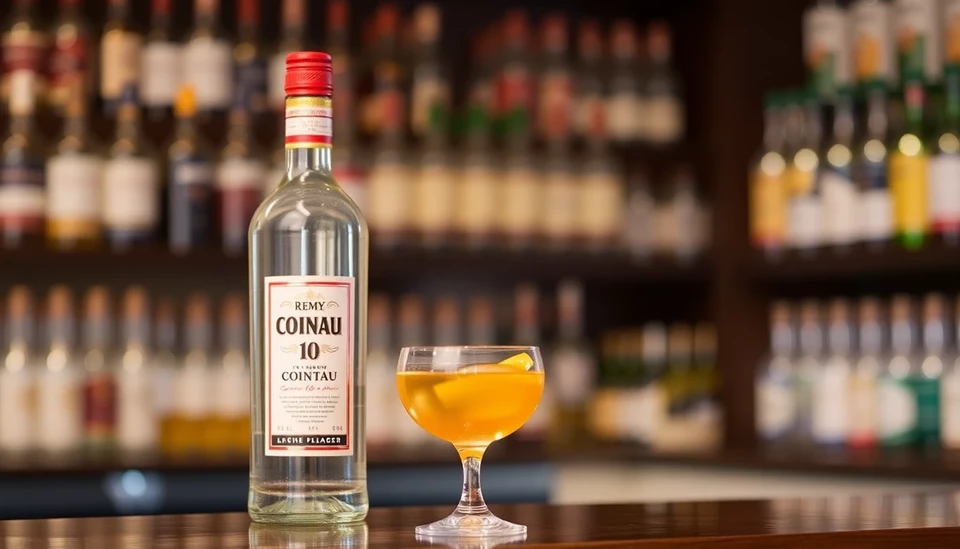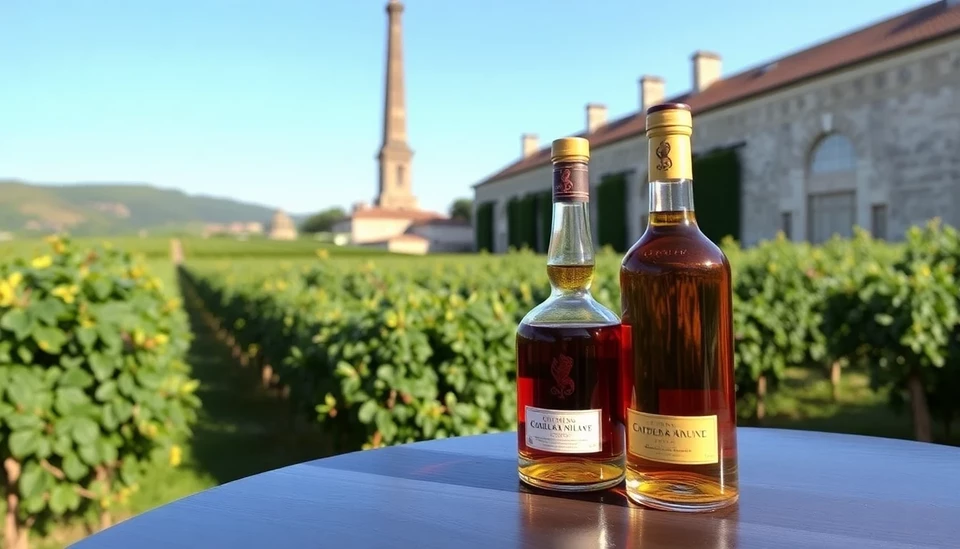
In a significant turn of events, the iconic French spirit, cognac, has encountered substantial restrictions in China's duty-free market, sparking an escalating tariff conflict between France and China. This prohibition places cognac brands in a precarious position, limiting their access to one of the world’s fastest-growing consumer markets.
Sources indicate that the Chinese authorities have imposed new regulations that effectively shut down the sale of cognac in duty-free shops, a vital sales channel for luxury spirits. The restrictions reportedly stem from ongoing trade disputes between the two nations, which have seen growing tensions over a variety of economic issues, including import tariffs and agricultural exchanges.
Industry experts have noted that this blockade could have far-reaching consequences for cognac producers. With Chinese consumers demonstrating a growing appetite for high-quality spirits, the decision to limit access to duty-free channels puts French brands at a significant disadvantage, particularly against rivals from countries not affected by similar tariffs.
This situation arises amidst a backdrop of increasing scrutiny on luxury imports, with China seeking to bolster its domestic liquor market. The Chinese government has indicated its intent to prioritize local brands, leading to speculation that French cognac might be targeted in broader economic strategies aimed at supporting national products.
Key stakeholders in the cognac industry are voicing their concerns, noting that the ban could lead to a decline in sales and market share at a time when they are eager to strengthen their foothold in Asia. They argue that the ability to sell in duty-free locations significantly impacts the overall profitability of their operations, particularly with affluent Chinese tourists showing a growing preference for overseas purchases.
In response to these developments, cognac producers are exploring alternative strategies to mitigate the impact of the ban. This includes enhancing online sales strategies to reach consumers directly, establishing partnerships with local distributors, and focusing on marketing campaigns that emphasize the heritage and artisanal production of cognac.
As china navigates these economic waters, it is evident that the dynamics of international trade are constantly evolving. The ongoing dispute highlights a broader pattern where national interests and international market access are increasingly at odds, prompting a reevaluation of trade relationships across industries.
Given the prominence of cognac in the luxury goods sector, stakeholders will be watching closely as the situation develops. The effective blockade of cognac from one of the largest markets worldwide could serve as a cautionary tale for luxury brands globally grappling with the complexities of international trade in today's geopolitical landscape.
The future of cognac in China now hinges on ongoing discussions between French authorities and their Chinese counterparts as both nations navigate these complex trade disputes to seek resolutions that favor their respective economic interests.
As consumers and businesses alike await further clarity on the situation, the implications of this blockade will certainly reshape the cognac market, prompting questions about adaptability and resilience in the face of evolving trade dynamics.
#Cognac #ChinaTariffs #DutyFree #TradeDispute #LuxurySpirits #FrenchSpirit #EconomicTensions #InternationalTrade
Author: Rachel Greene



